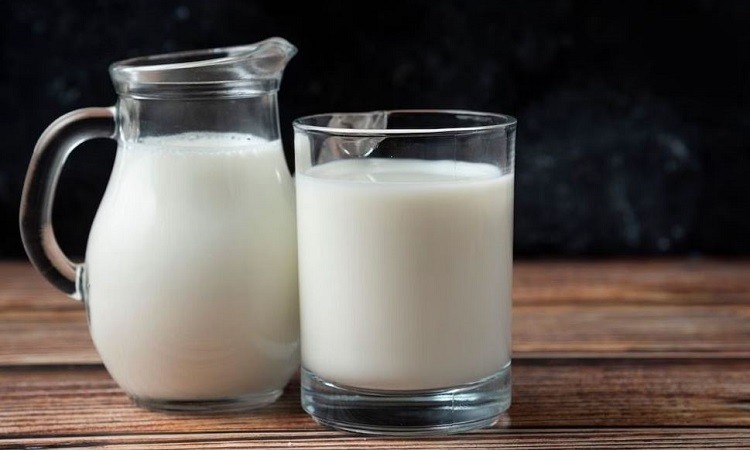
Raw milk, often referred to as "nature's perfect food," has been consumed for centuries by various cultures around the world. Unlike pasteurized and homogenized milk found in most supermarkets today, raw milk is unpasteurized and unprocessed, retaining all of its natural nutrients and beneficial components. While the debate over raw milk's safety continues, proponents argue that it offers a plethora of health benefits. In this article, we will explore the top health benefits of raw milk.
Rich Nutrient Profile
Raw milk is a nutritional powerhouse, providing a rich array of essential vitamins, minerals, and enzymes that are often diminished during pasteurization. It is an excellent source of calcium, vitamin D, vitamin B12, and riboflavin, all crucial for maintaining strong bones, a healthy immune system, and optimal metabolic function.
Improved Digestibility
One of the key advantages of raw milk is its enhanced digestibility compared to pasteurized milk. It contains natural enzymes such as lactase, lipase, and phosphatase, which aid in the digestion of lactose, fats, and minerals. This can be particularly beneficial for individuals with lactose intolerance, as the enzymes present in raw milk can help alleviate digestive discomfort.
Enhanced Probiotic Content
Raw milk is a natural source of beneficial bacteria, including lactobacillus and bifidobacterium strains. These probiotics contribute to a healthy gut microbiome, which is essential for overall digestion and immune function. A balanced gut microbiome can also reduce the risk of digestive disorders and improve nutrient absorption.
Reduced Allergic Reactions
Some individuals who experience allergic reactions to pasteurized milk may find relief when switching to raw milk. This is because pasteurization alters the proteins in milk, making them more allergenic. In contrast, raw milk retains its natural protein structure, which can be less irritating to the immune system for certain individuals.
Lower Risk of Asthma and Allergies in Children
Several studies have suggested that children who consume raw milk may have a reduced risk of developing asthma and allergies. The diverse range of bioactive compounds found in raw milk may contribute to the strengthening of the immune system and the prevention of allergic responses.
Cardiovascular Health
Raw milk contains healthy saturated fats and omega-3 fatty acids, which can positively impact heart health. These fats help maintain proper cholesterol levels, reduce inflammation, and lower the risk of cardiovascular diseases. In addition, raw milk's vitamin K2 content supports optimal blood clotting and arterial health.
Stronger Teeth and Bones
The calcium and phosphorus present in raw milk are essential for maintaining strong teeth and bones. Unlike some pasteurized milk products that may have added synthetic vitamins, raw milk provides these minerals in their natural form, which can enhance their absorption and effectiveness.
Improved Skin Health
The nutrients in raw milk, such as vitamin A, vitamin D, and zinc, can contribute to healthier skin. These vitamins are known to support skin regeneration, collagen production, and the prevention of acne and other skin conditions. Some people even use raw milk topically as a natural skin cleanser and moisturizer.
Enhanced Immune Function
Raw milk contains immune-boosting components, including immunoglobulins, lysozymes, and antibodies. These compounds help protect against infections and strengthen the body's natural defense mechanisms. Regular consumption of raw milk can contribute to a more robust immune system.
Weight Management
Contrary to common misconceptions, consuming full-fat raw milk can actually aid in weight management. The healthy fats in raw milk help control appetite and promote a feeling of fullness, reducing the likelihood of overeating. Additionally, the nutrients in raw milk support metabolic processes that play a role in maintaining a healthy weight.
While raw milk offers numerous potential health benefits, it's important to note that it also carries certain risks, primarily related to foodborne pathogens. Raw milk can contain harmful bacteria like E. coli, Salmonella, and Listeria, which can cause serious illnesses, especially in vulnerable populations such as young children, the elderly, and pregnant women.
Before considering raw milk as part of your diet, it's crucial to thoroughly research and understand the potential risks and benefits. Consult with a healthcare professional to make an informed decision based on your individual health needs and circumstances. If you choose to consume raw milk, ensure that you obtain it from a reputable and trusted source that practices strict hygiene and safety protocols to minimize the risk of contamination.